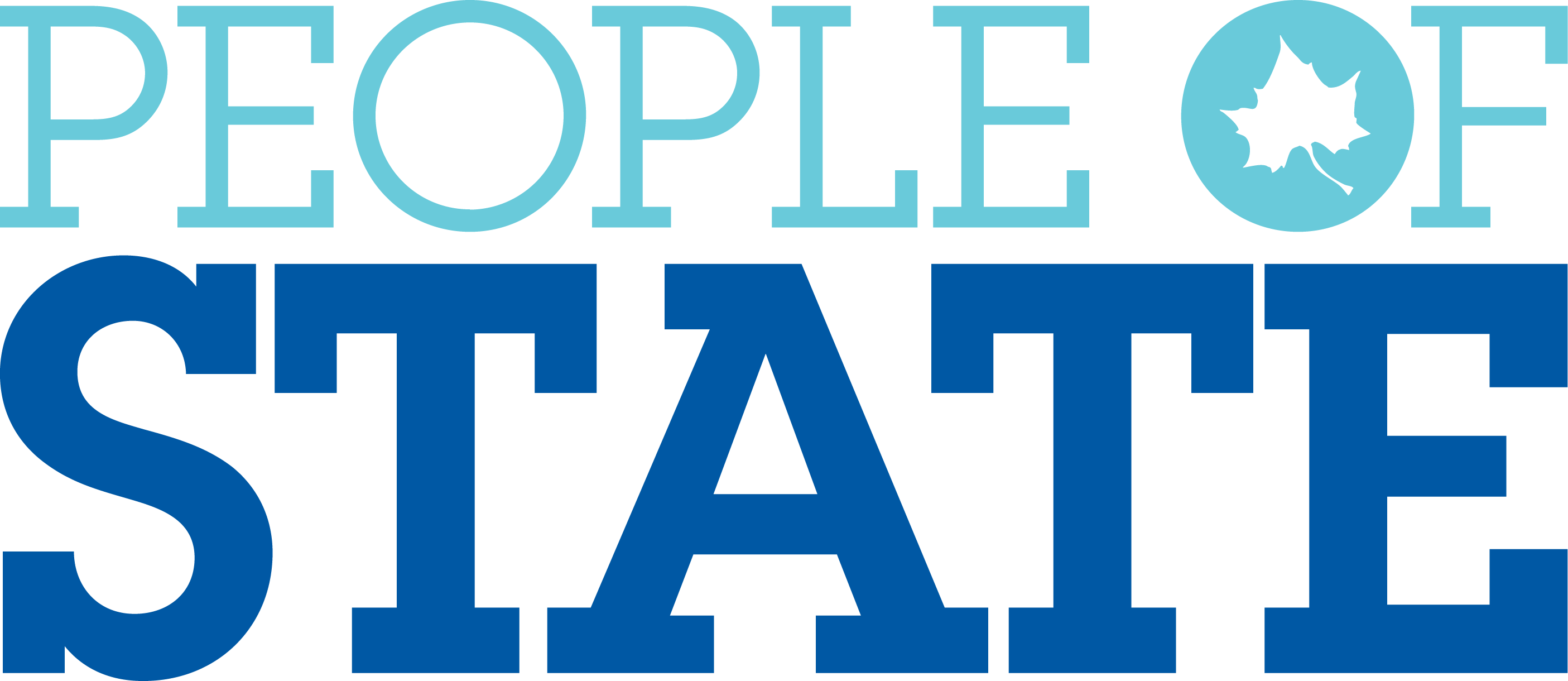GuoPing Zhang
By Indiana State University
Oct 15, 2019
When Paul Wells, a business and pre-med major from San Antonio, Texas, enrolled at Indiana State University he knew he wanted to be a doctor.
He took the most AP science classes in his high school and did clinical rotations, but it was his little brother’s Down syndrome diagnosis that gave him a glimpse into the impact he could have on the world with a career in medicine.
When he began taking Physics 106 with GuoPing Zhang last semester he learned about Zhang’s research around Alzheimer’s, looking mainly at data, understanding what makes sense and looking at other research.
“A common correlation with Alzheimer’s is Down syndrome, which my 20-year-old brother has. There is an incredibly high chance that later in life he will get Alzheimer’s and it’s something I would always like to learn about,” said Wells, who hopes to attend medical school and specialize in surgery.
When Zhang pulled him aside and asked if he was interested in participating in the research, Wells was hesitant because of his jam-packed schedule but agreed to attend a meeting after class.
He joined Tyler Jenkins, a senior physics and computer science major from Brazil, Ind. and another student on their research project. Wells spent his first week on the project reading articles reading as many articles as he could and discovered a biomarker for tau proteins in the blood-brain barrier.
As someone always been interested in research and sitting down and teaching himself something, Wells is comfortable in the lab, where he puts in anywhere from 20 to 50 hours a week on the project, looking to his lab mates and Zhang for guidance.
“Dr. Zhang loves what he’s doing. He instills that in his students and makes sure that you are the best you can be,” Wells said. “Originally, Dr. Zhang likes to ease you in. There’s a lot of information you have to obtain at once. Thankfully, he eased you in and gave you resources, like Tyler, who has been a big help learning on to run a job.”
Jenkins graduated last fall with a double major in physics and computer science and is now enrolled in the master’s program in computer science. He’s worked with Zhang every summer since freshman year, mainly the Alzheimer’s disease project.
“Dr. Zhang’s been really supportive of the direction I want to take my research in,” Jenkins said. “All of the professors here have helped me, let me know what has worked for them and what to take into consideration when applying for different graduate programs. They’ve helped me a lot with both research and what’s next.”
The students analyze data in-house and, after doing simulations on the system, they do umbrella sampling to get information as they pull the protein from the membrane to tell them about the affinity between a protein and a membrane.
“It’s important work to see what we can contribute to possibly developing a cure. I like that the research has an application and an end goal to develop a potential medicine for Alzheimer’s but that’s a ways away,” Jenkins said. “For now, it’s seeing the interactions and finding a next step. This is giving me experience with the program we’re using, which I installed myself. A lot of this is me figuring out which way I think the research should go. I like the computational work and it’s definitely something I want to stick with.”
The Alzheimer’s research is still underway with the students identifying what major aspects to focus on with two major areas of focus being Tau proteins and amyloid beta.
There are two new members, one who’s been working more on with amyloid beta, and Wells, who’s been working with tau protein, another major aspect of Alzheimer’s disease.
“If a tau protein goes through (the blood-brain barrier) and we can see it in your spinal fluid, that’s an indicator that something’s not right,” Wells said. “So, the tau proteins can be used as a biomarker to say it is a sign you’re on your way to get Alzheimer’s disease.”
Jenkins was in an introductory physics class freshman year when he learned about State’s Summer Undergraduate Research Experience and Zhang’s research. He signed up to work with Zhang and learned a new operating system and programming.
“Once I started in the summer, I learned programs I hadn’t really had any experience with. What’s interesting for me is using the programming aspect because I’m also very interested in computer science and making programs that do something interesting,” Jenkins said. “For me, I like looking at programs, figuring out how they work and possibly making my own to do something useful. For example, my first year I made a program that did rotations for different molecules that I used in a program to see how an amino acid works with another molecule.”
“(Dr. Zhang) is generally very helpful and enthusiastic about science, so it’s usually a pleasure working with him,” said Jenkins, who has worked the longest on the Alzheimer’s research project. “It’s nice to (collaborate and) have someone around who knows what’s going on, who you can talk to say this is what I got. What direction do you think we should go?”
In (when), both students accompanied biology professor GuoPing Zhang to the (conference) in Boston, where 74 university worldwide participated in 42 panel sessions.
“I was fortunate to have the chance to give a press conference,” Zhang said. “One thing we try to tell people is that we use taxpayer money to do the research and have to explain to the community how this works.”
Zhang conducted one presentation, press conference and a poster presentation, while the students the students presented two talks.
“You saw students from all kind of big name schools, so we were very that we got department support to send students and they had to give talks,” Zhang said. “You are the only one standing there and discussing it. You get tough questions and you see a lot of companies there.”
The experience is one of many ways Zhang tries to extend experiences to State students, especially those looking for opportunities in undergraduate research.
While not a formal class, Zhang brings students together for group meetings and to work on projects.
“Bigger schools emphasize graduate students, but undergraduates are most times a number. Here we allow them to do the research,” Zhang said. “The research I ask them to do must be first-rate, very difficult. I always encourage them to think outside of the box. As an undergraduate you should not restrict your knowledge. You should be open minded. When you’re open minded, you find more opportunities open to you.”
In time, Zhang introduced students to collaboration with their peers and how to present their findings but first they must know why their research is important.
“Once you have a generally idea why we work on this, you can gradually push yourself,” he said. “Second, learn the tools. It’s much more important than getting results. At ISU, we have a wonderful webpage, called Web of Science. You go to the Web of Science and type some keywords and it gives you a bunch of scientific papers. After that, we give them a baby project to give them confidence. If a student does not build up confidence working on this, they will lose interest very quickly. Once they get to that transition point and get excited, it’s like gas in the engine. They keep going. That’s what we want.”

